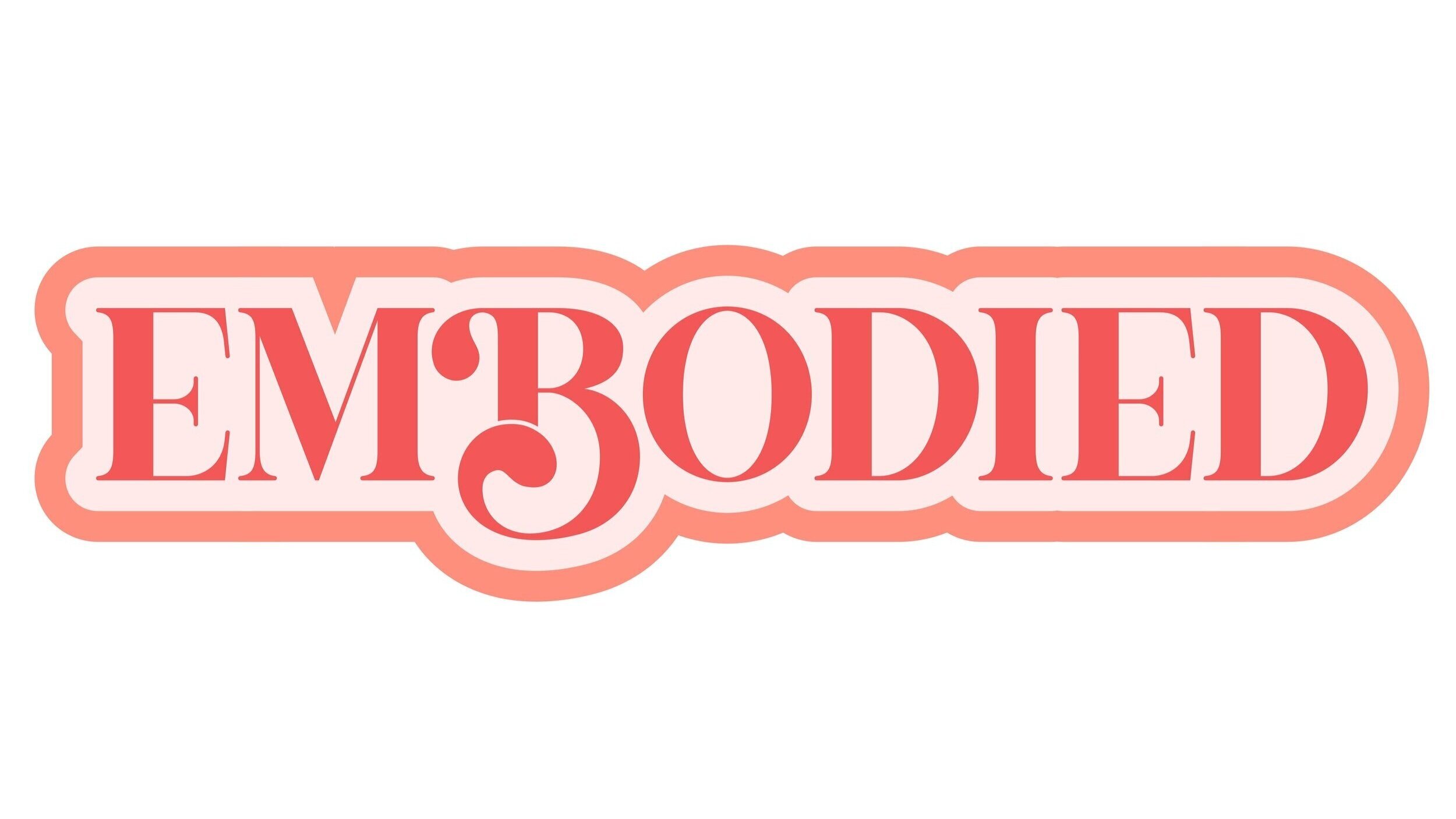The OOZ
by Natalia Barr
Image via Hypebeast
Archy Marshall has made music under several names and groups, from his solo work as King Krule and his own name, to Edgar the Beatmaker and Zoo Kid. Marshall once merged the latter with his brother’s band, Words Backwards, to form the grotesque band name “Dik Ooz.” The group did not last long, but “the ooz” clearly stuck with Marshall, when it became the title of his second record as King Krule in four years. The London-based 23 year-old trip-hop producer told NPR, “‘The ooz’ represents your sweat, your nails, the sleep that comes out of your eyes, your dead skin. All of those creations that you have to refine. That's where it comes from: It's kind of about refining the subconscious creations that you do constantly.”
The title, The OOZ, sounds as unsettling as what its definition signifies, and in a peculiar way, this record embodies that. Some of Marshall’s lyrics have a gnarly texture: when he articulates his consonants in a monstrous tone, “Skunk and onion gravy, as my brain's potato mash” next to a dub bassline on “Dum Surfer” and compares the remnants of a lover on “Vidual” “as dust, with an earthly pus in a capsule on my tongue.” It can feel difficult to listen to at times, hearing the pain in Marshall’s voice as he grunts in increasing volume on “The Locomotive” and wails, “Oh so lonely” in the outro of “Lonely Blue.” Ghastly word choice and foul vocal gestures are further obscured with the variety of genres with which they are juxtaposed. The OOZ plays with jazz, hip-hop, bossa nova, garage punk, classic guitar rock, recorded beat poetry, and even muzak on “Logos.”
The Ooz is very much caught up with Marshall’s past, as he makes several references to his debut under King Krule, 6 Feet Beneath the Moon. On both albums, King Krule explores the world from very different perspectives: out in the unknown part of the universe, floating through its atmosphere, or deep in the mud of the earth or the sea. These locations embody mysterious, incomprehensible, uncharted territory. On “Slush Puppy,” Marshall moans as if he is actually singing underwater with a sodden synth, “I’m down under sea / Nothing's working with me” and tells a girl he was “raised in dirt” on “Vidual.” The song title “Sublunary” is an alternative term to describe “6 Feet Beneath the Moon” (or could reference Marshall’s rap group Sub Luna City), while “Cadet Limbo” sketches Marshall as an astronaut lost in the space of a relationship, pondering, “I walked across you everyday / As I floated along / Spent most of my time orbiting your waist / And had it really been this long / Since I got lost in space?” Marshall oscillates between the terrains feeling encapsulated and lonely within their overwhelming chaos. “You're shallow waters, I’m the deep seabed / And I’m the reason you flow,” Marshall raps over suave flicks of electric guitar on “Biscuit Town,” “I got more moons wrapped around my head and Jupiter knows / Whilst you orbit with some stupider hoes.”
The most obscure perspective on The OOZ is inside Marshall’s head. Over an hour of expressing his frustrations and loneliness only further complicates his inner workings. He hints at what caused this distress, referencing his dark childhood on “Logos,” and on punk track, “Emergency Blimp,” he groans about the pills he takes for insomnia: “My head hit bed but my mind’s still alive / These pills just make me drool.” The OOZ was surely written following a breakup with a girl Marshall refuses to name on “Czech One” (“You ask me what her name was called / But I found it hard to write”) and gets embarrassingly drunk in front of her in “Dum Surfer.”
Despite Marshall’s attempts to disclose the inner workings of his brain, he most wants to “other” himself, to make it known that he is not only misunderstood, he is incomprehensible, impenetrable, inhuman. He calls himself a “puke stain” on “Lonely Blue” and murmurs along with a stripped-down guitar strum on “A Slide In,” “I’m used to saying, ‘I don’t belong’/ A burdened youth outcast from young.” On “The Locomotive” he bluntly sighs, “I wish I was people.” From his perspectives within the earth and above the clouds, Marshall asserts how far away he is from all of us, disclosing intimate details of how detached he is. The closest we can get to his truth is through the approximations he provides us with. He’s somewhere between the past and the present, the sweat and the dead skin, the synthesizer and the saxophone, the deep sea and the surface of the moon.

